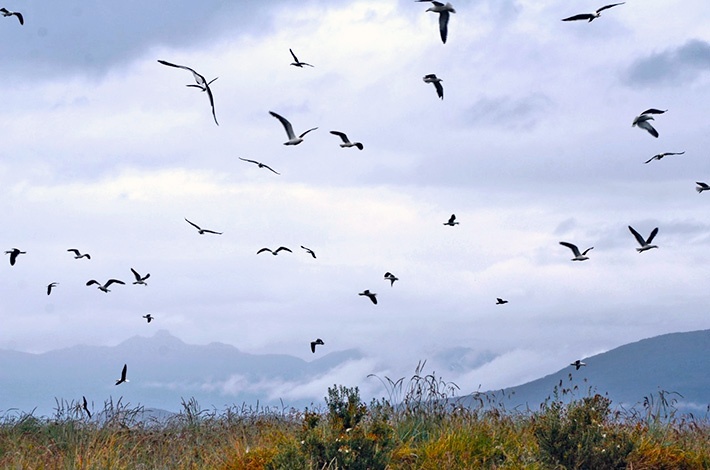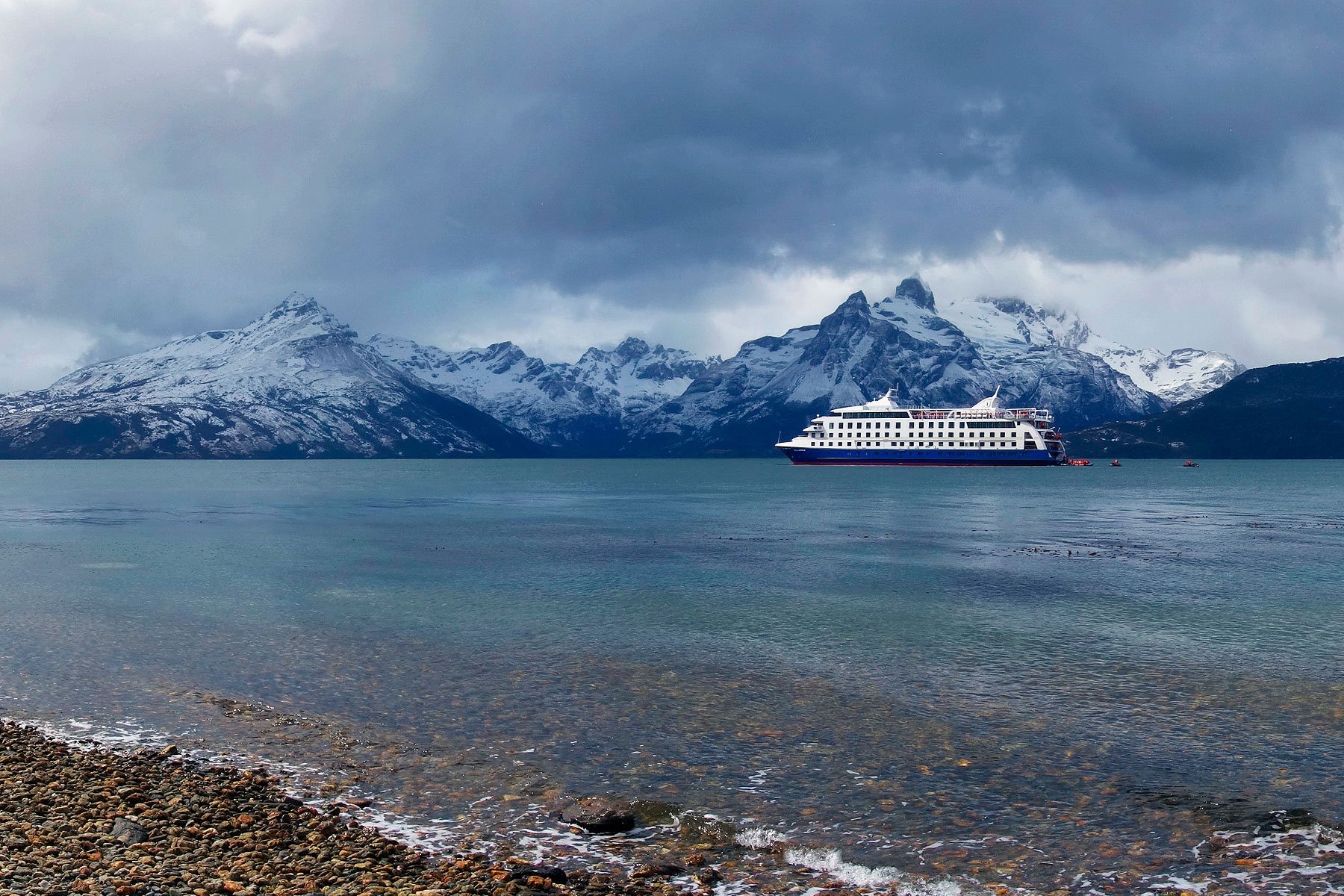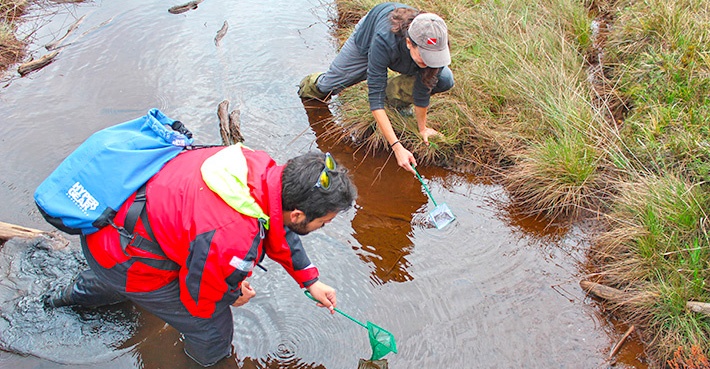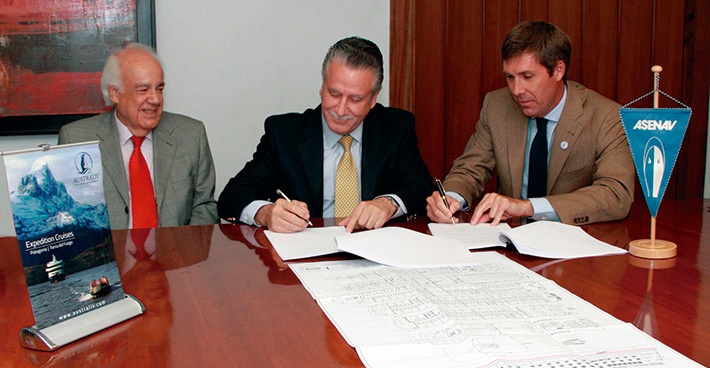During our walks around Wulaia Bay we highlight the flora, the history and the unique beauty of this very special place, and some of our passengers enjoy bird watching. Wulaia is one of the best places in the archipelago to observe our feathered friends.
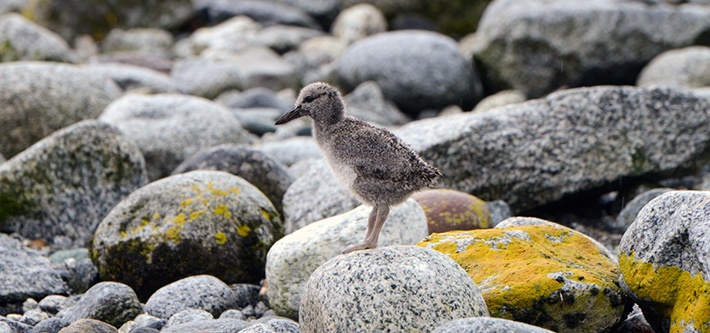
But for some time now the area’s bird life has been threatened because of the emergence of a non-native species: the mink. The animal has already caused us to lose a number of birds that used to frequent the area. However, since launching a program to the remove mink from Wulaia, we have again been able to count a great number of birds around our “beautiful bay.”
Bird watchers with a keen eye can spot several species including the upland goose, snipe, ibis, Southern oystercatcher, caranca and countless sparrows (black, streaked and so on). Through of the caretaker efforts of our company, Australis guides are on the front line of our commitment to Patagonian nature and the environment.
If you're interested in visiting Wulaia Bay, the only Expedition Cruise that disembarks there is Australis. Suscribe with your email and we'll send you the best options to come to the End of the World.
